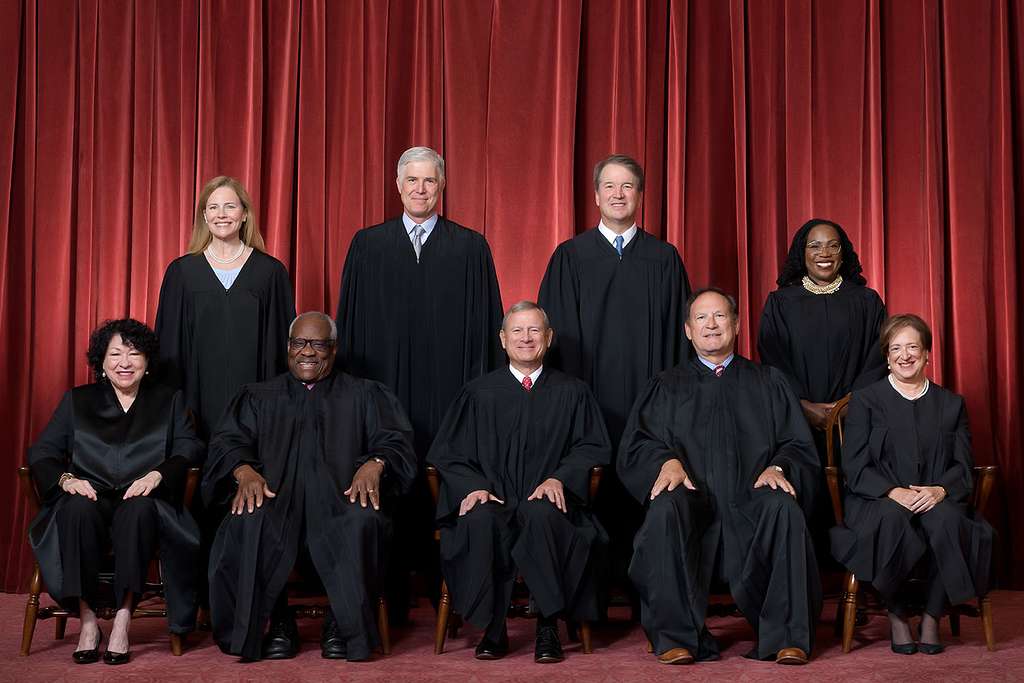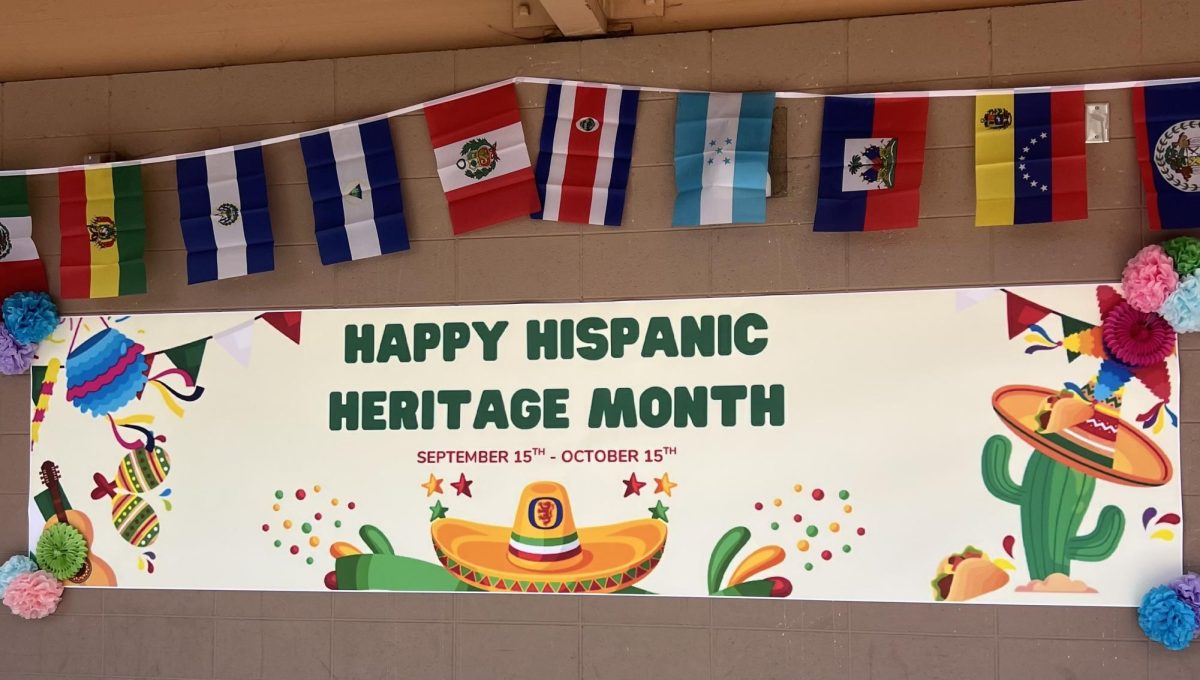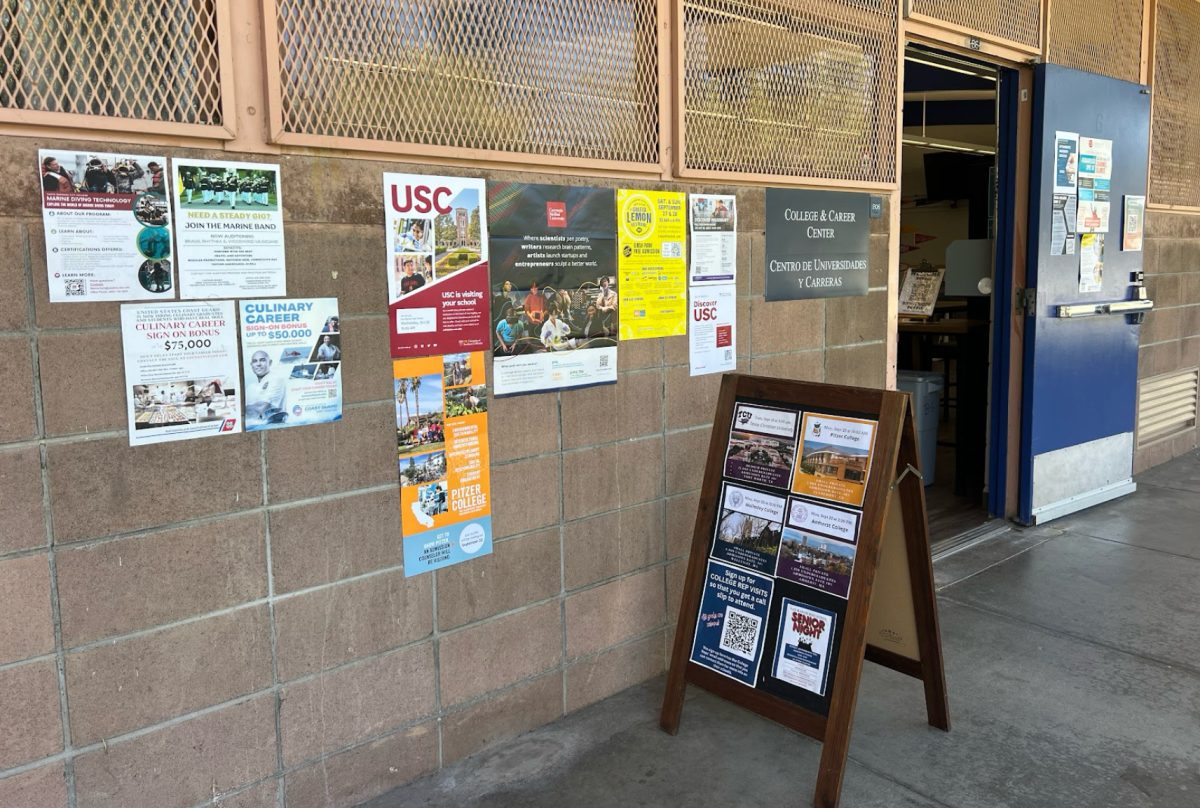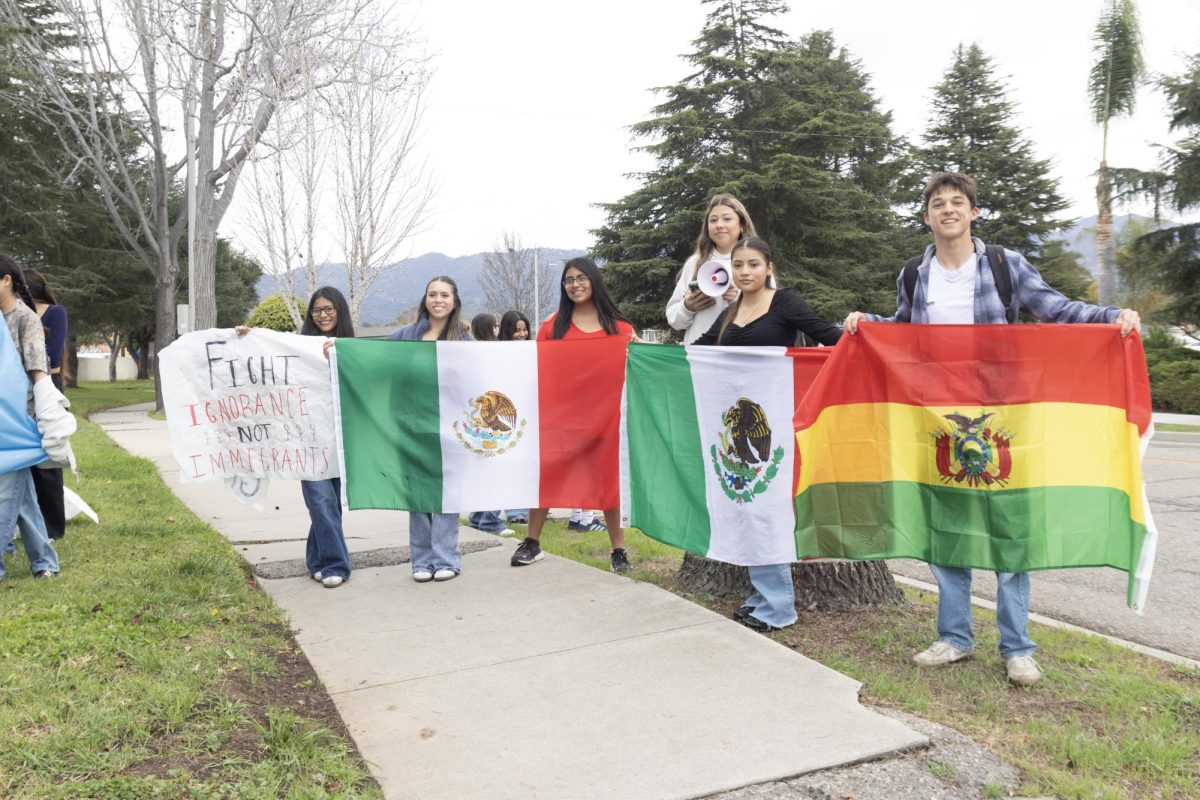As the Israel-Palestine War continues, fast food companies are finding themselves within the midst of consumer activism due to their stance on the war, leading to significant changes within the stock market. Some corporations such as McDonald’s, Starbucks, and Disney have publicly expressed their support for Israel, resulting in a decline in their stock values.
As of October 12, the McDonalds in Israel is offering discounts to soldiers and according to CNN, have given out 100,000 free meals since the attack on October 7. Disney is also donating $2 million for humanitarian relief after the terrorist attacks in Israel.
“We recognize that companies may have complex reasons for their public stances during times of conflict. It’s essential to consider the broader geopolitical context and the diverse perspectives involved before making any definitive judgments,” said anonymously.
As consumer boycotts persist throughout the Israel-Palestine conflict, their impact on the fast food industry is becoming increasingly evident. While the extent of these boycotts’ influence on the companies remains uncertain, it is clear that these movements are sparking conversations within the industry. The growing emphasis on taking diverse perspectives and the broader political context has garnered more attention. These ongoing challenges highlight the growing significance of ethical considerations in corporate decision-making, emphasizing the sway of consumer activism on the industry’s practices and public image.
There are multiple other places that consumers are opting for in order to avoid companies that support any particular side in the war. In Santa Barbara, instead of Starbucks people are opting for Coffee Bean and Tea Leaf, Blenders, Old Town Coffee, and more. Instead of McDonalds, people are going to In-N-Out, Taco Bell, Del Taco, Wendy’s, etc. Allocating an additional minute or two to purchase coffee from an alternative establishment is reasonable for wanting to refrain from supporting companies that engage in practices that conflict with one’s own morals.
“ I believe that people’s personal opinions / political perspectives and beliefs can often have an impact on their consumer behavior. Yes, there are likely those who will boycott certain businesses because of those businesses’ support of Israel,” said teacher, Mr. Ramirez.
The connection between consumer choices and corporate ethics during the Israel-Palestine conflict shows the growing importance of considering right and wrong within industries. Consumers play a significant role in shaping how companies act and are seen by the public.




























